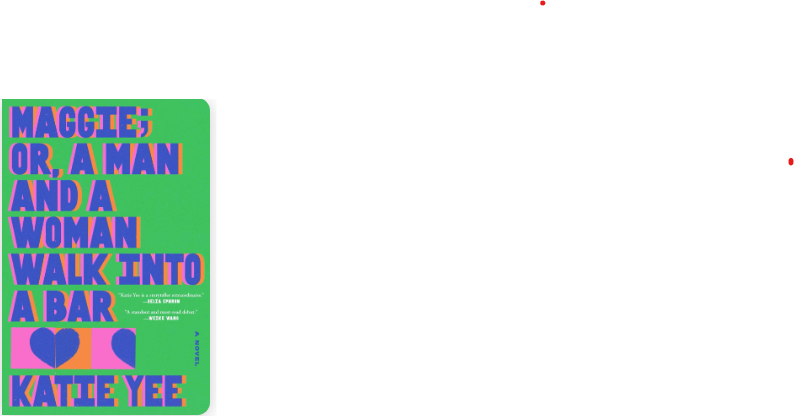
There are no traditional chapters here, and that’s part of what makes the book feel so unique. It reads like a stream of consciousness, or like flipping through the scattered pages of someone’s inner life. The structure is disorienting at first, but it fits the subject matter perfectly. Life doesn’t unfold neatly, and neither does Maggie’s story.
Maggie herself is a very likeable and relatable character. She’s funny, flawed, honest, and deeply human. I especially enjoyed reading about her marriage in its earlier stages—when things were still tender, hopeful, and intimate. The contrast between that time and the aftermath of the affair makes the betrayal feel all the more devastating. The novel doesn’t ask you to pity Maggie, but it does ask you to witness her. She’s smart and self-aware, and her voice carries the narrative in a way that feels both sharp and vulnerable.
It’s important to note that the book does deal with heavy themes—cheating, divorce, and cancer are all central to the plot. But it doesn’t dwell in melodrama. Instead, it presents these experiences with clarity and emotional nuance. I wouldn’t say I “liked” what happened to her—but I did appreciate how the author chose to portray it. There’s a quiet strength in how Maggie navigates her pain, and in how the novel resists offering tidy resolutions.
At under 150 pages, this is also a great pick for anyone looking to finish out their reading goals. It’s quick, but it lingers. The kind of book you might read in an afternoon and then think about for days afterward.
Overall, Maggie is a powerful, unconventional, and deeply human novel. It’s not cheerful, but it’s beautifully told—and sometimes, that’s exactly what you need.
